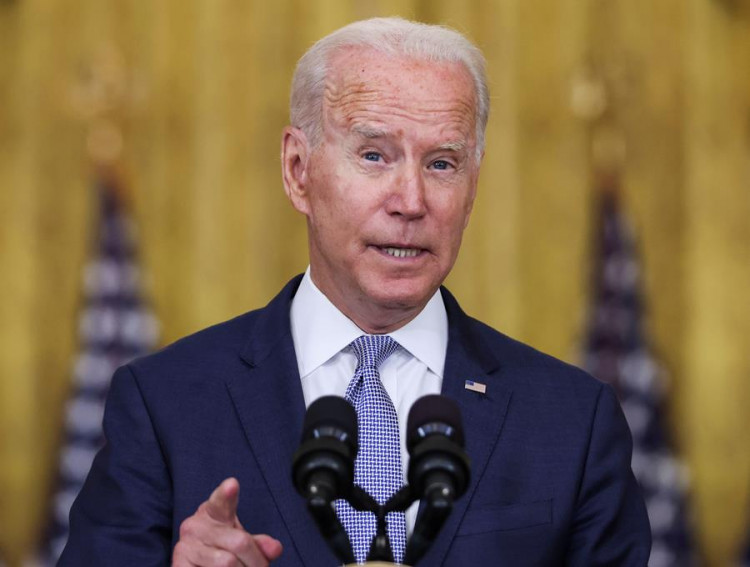President Joe Biden has granted clemency to two Chinese spies and a Chinese national convicted of child pornography charges as part of a prisoner swap with China, a decision that has ignited widespread controversy. In exchange, China released three detained Americans who had been imprisoned for years, including Texas businessman Mark Swidan, Kai Li, and John Leung. The arrangement, kept under wraps until recently, highlights the complex and often fraught nature of diplomatic negotiations.
The clemency recipients, Yanjun Xu and Ji Chaoqun, were convicted on espionage charges for their roles in a Chinese operation to steal American aerospace and technology secrets. Shanlin Jin, the third individual, was convicted in 2021 for possession of over 47,000 images of child pornography while studying at Southern Methodist University in Dallas. The clemencies were signed on November 22, just days before the Americans were freed from Chinese custody.
Yanjun Xu, a career intelligence officer with the Chinese Ministry of State Security (MSS), was the first Chinese government operative extradited to the United States to stand trial for economic espionage. He was convicted in 2021 and sentenced to 20 years in prison. Prosecutors revealed that Xu had targeted U.S. companies like GE Aviation, using aliases and front organizations to recruit insiders and steal proprietary information. He was arrested in Belgium in 2018 and extradited with assistance from Belgian authorities.
Xu's co-conspirator, Ji Chaoqun, lived in Chicago and worked under Xu's direction to recruit potential spies and collect sensitive information on American aerospace technologies. Ji was convicted in 2022 for conspiring to act as an agent of a foreign government and making false statements. His eight-year sentence also stemmed from his enrollment in the U.S. Army Reserves under a program designed to attract individuals with critical skills, during which he failed to disclose his ties to Chinese intelligence.
The third clemency recipient, Shanlin Jin, was serving a 97-month sentence after authorities uncovered tens of thousands of child pornography images on his devices. Jin, whose family has alleged ties to the Chinese Communist Party (CCP), had been continuously confined since his 2021 arrest.
The U.S. secured the release of three Americans as part of the deal. Mark Swidan had been detained in China since 2012 on disputed drug-related charges, while Kai Li and John Leung were imprisoned on espionage charges. Their return was the culmination of years of negotiations between U.S. and Chinese officials, with Biden administration sources describing the swap as a complex and sensitive diplomatic achievement.
Critics have pointed to ongoing cases of Chinese interference in the U.S., including espionage investigations involving New York City officials and a CCP-linked police station in Manhattan. Republican lawmakers have expressed concern about the broader implications of such clemency deals, with some accusing the Biden administration of making excessive concessions to Beijing.
This is not the first high-profile prisoner exchange under Biden's leadership. Over the past four years, his administration has negotiated similar deals with nations like Russia, Venezuela, and Afghanistan. Each swap has drawn both praise for bringing Americans home and criticism for perceived compromises.






